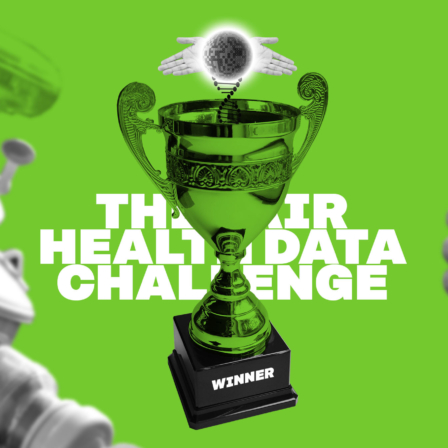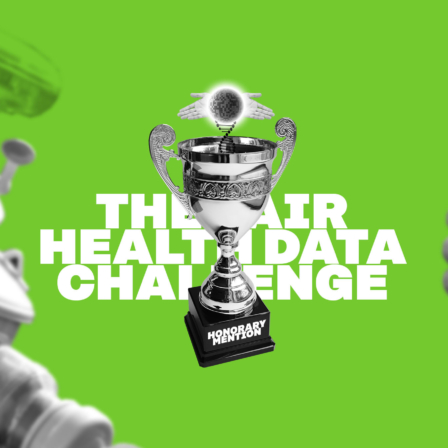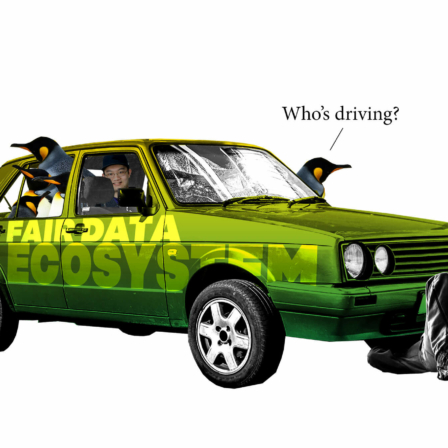A common feature in all these projects is an enthusiasm for reaching the project’s goals and, above all, a desire to work in co-operation with others on shared interfaces and development targets. All the project managers agree unanimously that the co-operation built during the projects has been useful and has taught them a lot about things they might otherwise not have thought of or experimented with in the organisation. The Isaacus project has served as an umbrella allowing the participants to see how things are done in other projects. Project co-operation has also been a catalyst for defining matters together and sharing practices.
Co-operation and joint development work are important for the optimal provision of social well-being and healthcare data from a one-stop shop, and for a variety of purposes – the core task of the Digital Health HUB. For example, the data gathered in social welfare and healthcare registers is already used in research, but the services aimed at the users of the data and the service capability of the operators could be improved. Finland should continue to invest in the development of services and service production to enable an internationally high standard of research and development activities and business. There should be co-operation at organisational, semantic and technical levels to enhance compatibility.
The ongoing pre-production projects will not solve all the world’s problems, nor will the services and technical solutions created by them meet all of the requirements of the clients and the operation…yet. However, with the help of these projects, valuable information is obtained on what the operation of the Digital Health HUB will require in future, whether we are heading in the right direction and what direction should be chosen for future development. The users of the data want good-quality up-to-date data with an increasingly fast production cycle, which sets demands for the automation of production, the development of co-operation models and the technology used.
This year, it will be particularly important to ensure that there is an operator to apply the valuable output generated by the projects. As well as maintaining and introducing the completed components in practice, this operator will be responsible for allocating resources and organising further development. The development work will continue to require co-operation between several organisations because a large number of operators will inevitably be participating in the process. In addition to an increase in competence and new innovations, effective co-operation will also enable efficient use of scarce resources. The operator applying the output of the projects should therefore serve as a catalyst for joint development work and offer a suitable forum for it. Everyone participating in developing the operation of the Digital Health HUB must have a shared, crystal-clear vision and shared goals.
The Isaacus – Digital Health HUB currently under development will combine well-being databases and their users in a seamless and safe manner. This will allow the engagement of individuals, the promotion of well-being and the creation of a well-being and health ecosystem that is constantly learning. The Isaacus blog series gives experts the opportunity to shed light on the topic from their own perspective.
#isaacus

















Recommended
Have some more.